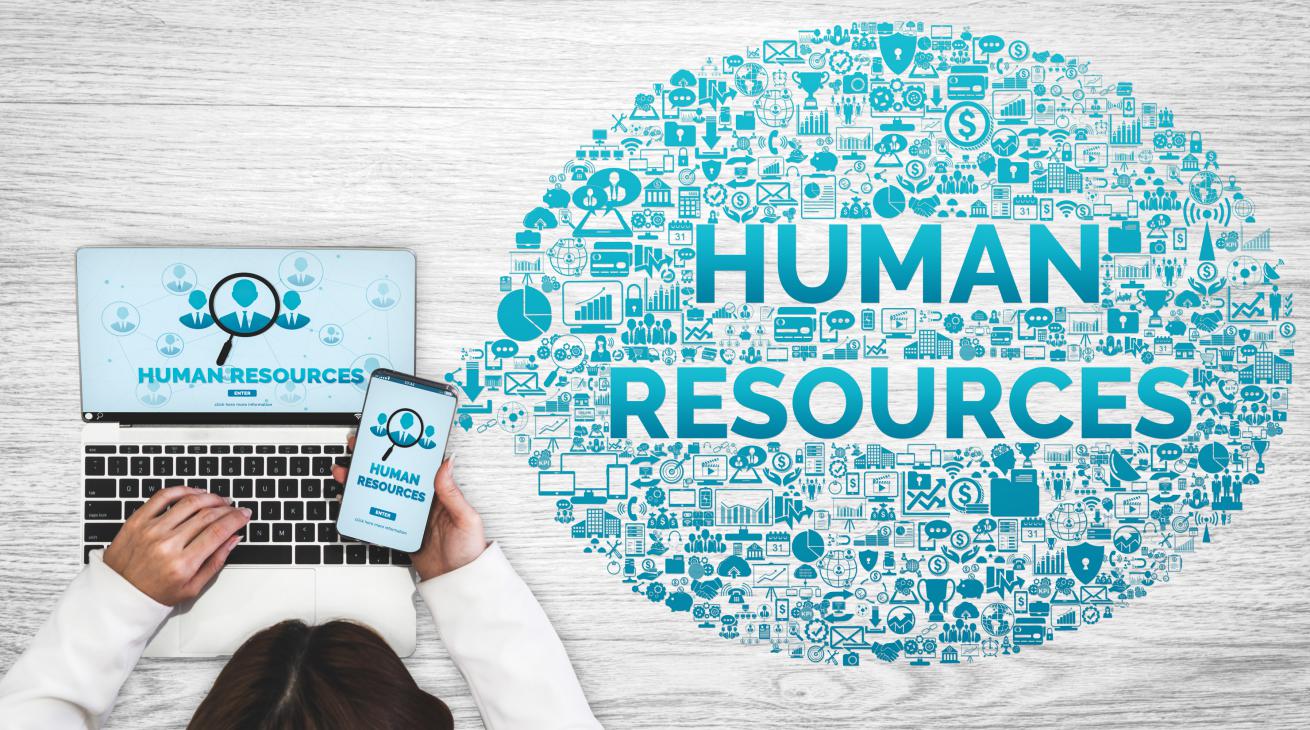
HR Transformation in the 21st Century
FoxHR
Human resource departments must think outside the box during the 21st century and should bring forth innovative ideas. The pandemic and dynamic workforces have pushed organizations to reinvent their business models to survive in this rapidly changing business world.
A clearly thought-out HR strategy and a team of passionately skilled HR leaders are pivotal for success in the present scenario. This implies that in an era of an extremely competitive global marketplace, equipping your HR teams with the skills and capabilities they need can help your company achieve new levels of efficiency and delivery excellence.
Here are some of the ways how HR transformation takes place in the 21st century:
Data savvy culture
In this digital era, data is an excellent aspect for organizations across the board. From traditional means to modern HRMS software, every HR system is a storehouse of a huge amount of employee data. Moreover, data comes from an employee’s email, professional networks, online channels, etc. Thus, HR leaders must be able to handle and manage these data. They must be able to evaluate this information, understand analytics and glean advanced insights. HR personals can also rely on an HRMS system that can automate their services using this data, thus, allowing HR teams to concentrate on long-term strategies.
Understand the industry
In today’s hyper-connected world, HR managers must learn to map risks and possibilities in terms of the sector they operate in rather than limiting themselves to their own company. A 360-degree approach is necessary to monitor market trends and disruptions that could impact the organization’s fundamental HR responsibilities, such as recruitment, training, and skill development. As a result, HR managers must expand their industry network, stay current on current events, and assess how they might intervene to better their organizations.
Globalization effects
Globalization will take a huge leap in the 21st century and is expected to grow tremendously in the competitive international market. In an organization, HR teams are responsible for training and recruiting staff in foreign countries, where an organization has offices, and they recruit foreign employees to local offices. Human resource teams are bestowed with the responsibility to train all staff and make them understand work ethics and cultural variations.
Aware of enterprise goals
HR teams should understand the inner working of the organizations and must be aware of the short-term and long-term goals. They should see whether employee KPI’s match with enterprise goals in the long run and should take approaches to boost employee productivity and business profitability.
Take the charge
HR shoulders a great responsibility when it comes to shaping the human potential of the firm. As the bridge between all the layers of the management, their role extends to all levels of the organizational hierarchy. They must play a key role in shaping management decisions, recruitment-based decisions, talent management, building an employee-centric culture, and reskilling the future. They should also call out any management flaws or discrepancies that come across and rectify them using meaningful, data-driven risk assessment.
Design thinking in HR
Design Thinking is changing how people engage with technology by designing more user-friendly, simpler, and intuitive solutions. Design Thinking will impact businesses, reshaping decisions and shifting organizational culture to a more tech-focused yet human and analytics-driven approach. To put it another way, HR professionals will need to learn new skills and rethink corporate design and workforce planning.
Be open to ambiguity
COVID has taught us the value of being flexible and adaptable. This extends to the standard rulebook as well. We must add agility to HR regulations set decades ago if we want to see workplaces become more dynamic and employee centric. Policies that are incompatible with the changing workforce and workplace culture must be revisited. Given that we are in a transition period, some ambiguity can aid in implementing new policies and the gradual transformation of organizational culture.
Be agile
In this dynamic work culture, we have the spaces to revisit, re-evaluate, and experiment with various approaches. As firms put forth more competitive work models, we need to define and redesign our workforce in a way to stand above the competitors. Along with this, ensure that the steps you take are impactful and cognizant of the risks involved.
Today’s HR leaders can help businesses and the economy as a whole transform. To be effective in this capacity, individuals must first examine traditional methods and their relevance in today’s world. To put it another way, they must begin by redefining their own roles, reimagining a more impactful future, constructing its framework, and gathering the bravery to leap into the future, carrying their organizations with them.
Recent Post

FoxHR
Emerging Technologies and HRMS: Preparing for the future of Work
The post-COVID-19 pandemic era has brought magnanimous changes, significant disruptions, and enormous global breakthroughs, and businesses are getting utilized with the new ongoing innovative trends.

FoxHR
Powering HR for the Future with AI
Artificial Intelligence has been creeping into the modern workplace, and organizations are looking for ways to implement AI to uplift organizations and improve the employee experience. It has become the new normal in various industries across the globe.

FoxHR
Improving Workforce Management with Big Data
Integrating Big Data in workforce management can drive employee performance and enable businesses to stay ahead of the competition. Businesses that have implemented big data can have access to a large pool of employee data and business processes. These large data sets can be combined and analyzed to evaluate the ongoing developments in business performance.

FoxHR
What is Strategic Human Resource Management: HRMS and the future of Work
The future of work looks different. With the emergence of the COVID-19 pandemic, organizations have shifted to innovative, evolved, and digitized business processes.
